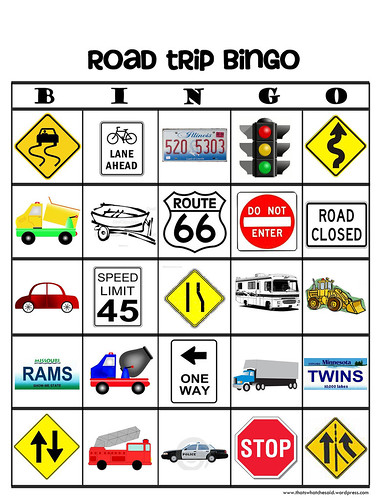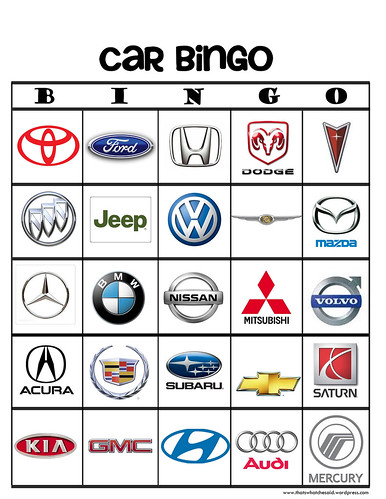Learning about science can be a lot of fun. It can be a walk in the garden, it can be a series of "thought experiments." It can be hands-on, you can tinker, you can play, you can build, you can make, and so on. Many homeschool parents really enjoy and do a great job of providing great hands-on experiences for children. Pets, field trips, use of the garden, and all sorts of experiments are popular with homeschooler.
But what's best? For what age? Realistically, it's a mix of hands-on with a structure that provides a good science foundation.
S4U features physical science for elementary, earth/space science, life sciences, and inquiry.
Here's my favorite science songs for elementary students.
I think the way to go is use Science4Us for PreK, K, 1st, 2nd, and 3rd grade. It provides a structure for the program and makes sure that you cover the basics. Left to their own devices, many families will probably put together a science program which is heavily biology and avoid physical science. S4U will make sure that parents provide a balanced program. Parents can still do lots of hands-on either using the Science4Us lesson plans or invent your own.
Science4Us has hundreds of suggested hands-on elementary science activities most of which can be done with equipment that can be found around the house!
Vintage School Desks
3 years ago






















